When the booksellers start to disappear, democracy is in trouble
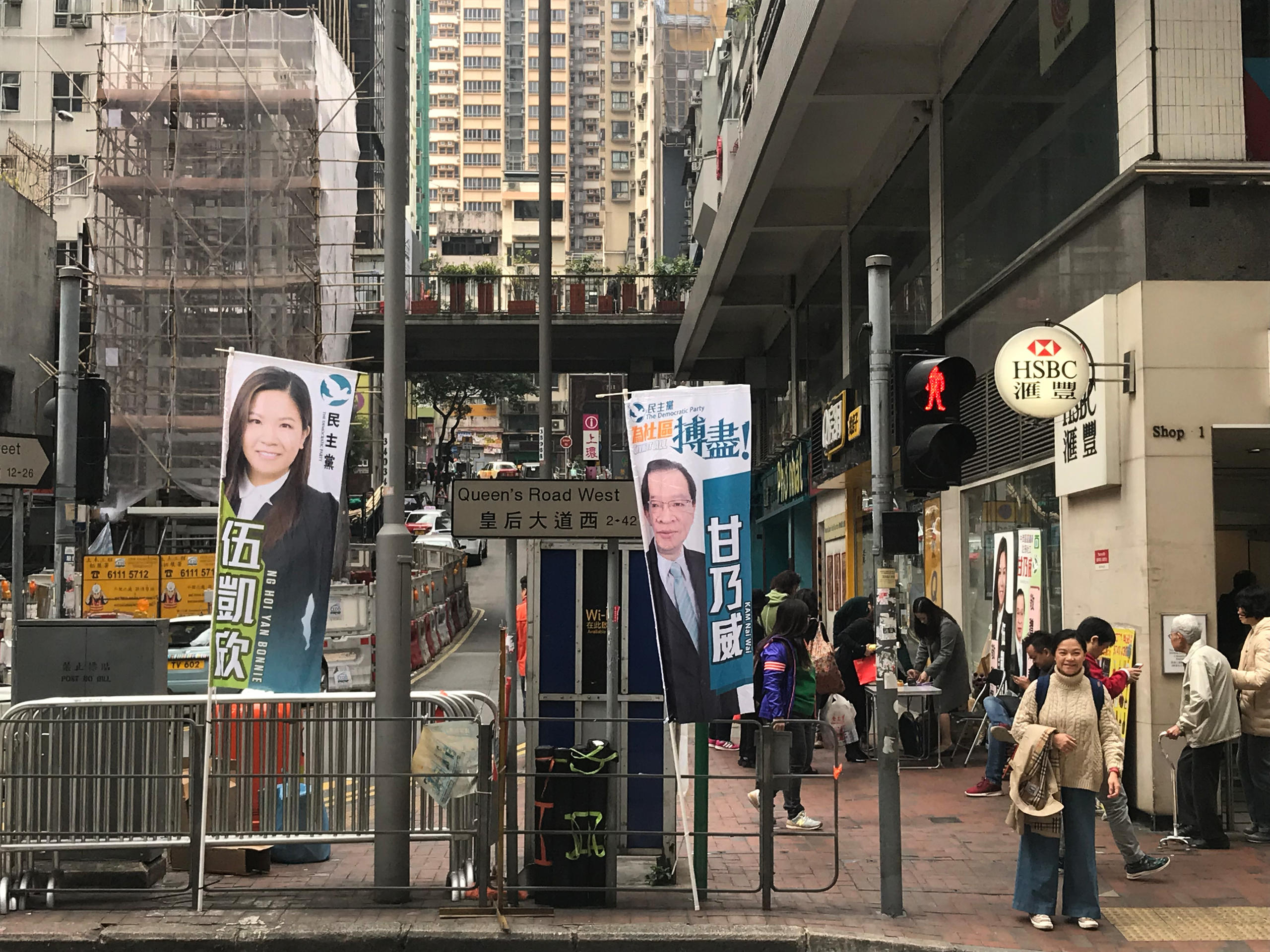
Twenty years into a fragile autonomy within China, the people of Hong Kong are experiencing the death of their highly-valued freedoms in slow motion as seven million voters tremble towards elections scheduled for next month.
Once upon a time, bookshops were the natural retreat from the urban heat for the busy people of Hong Kong.
Even after the former British colony was handed over to China under the jointly agreed principle of “one country, two systems” in 1997, it enjoyed rare freedoms within a high-tension region of competing authoritarian states. A fascinating mix of people have found a home in this 1100-square-mile territory.
Ten years ago, I experienced an intense week in Hong Kong that I will never forget. At the time, based on the promise of “universal suffrage by 2017, civil society activists, university students and independent media organised a “Civil referendum” to prepare the seven-million-strong electorate for its more participatory future.
Many of the ballot stations were housed in bookstores across Hong Kong island, Kowloon on the mainland and other parts of the diverse territory. Young students were the backbone of this encouraging exercise.
To be clear: Hong Kong has never been a fully developed democratic society. Under British rule, the territory was governed by unelected governors from London. It was only in the very last years of London’s rule that the last British governor, Chris Patten, allowed the direct election of the Hong Kong parliament.
However, Beijing’s representative at the time, Lu Ping, confirmed in 1993 that “how Hong Kong develops democracy in the future is a matter entirely within the sphere of Hong Kong’s autonomy, and the central government cannot intervene”.
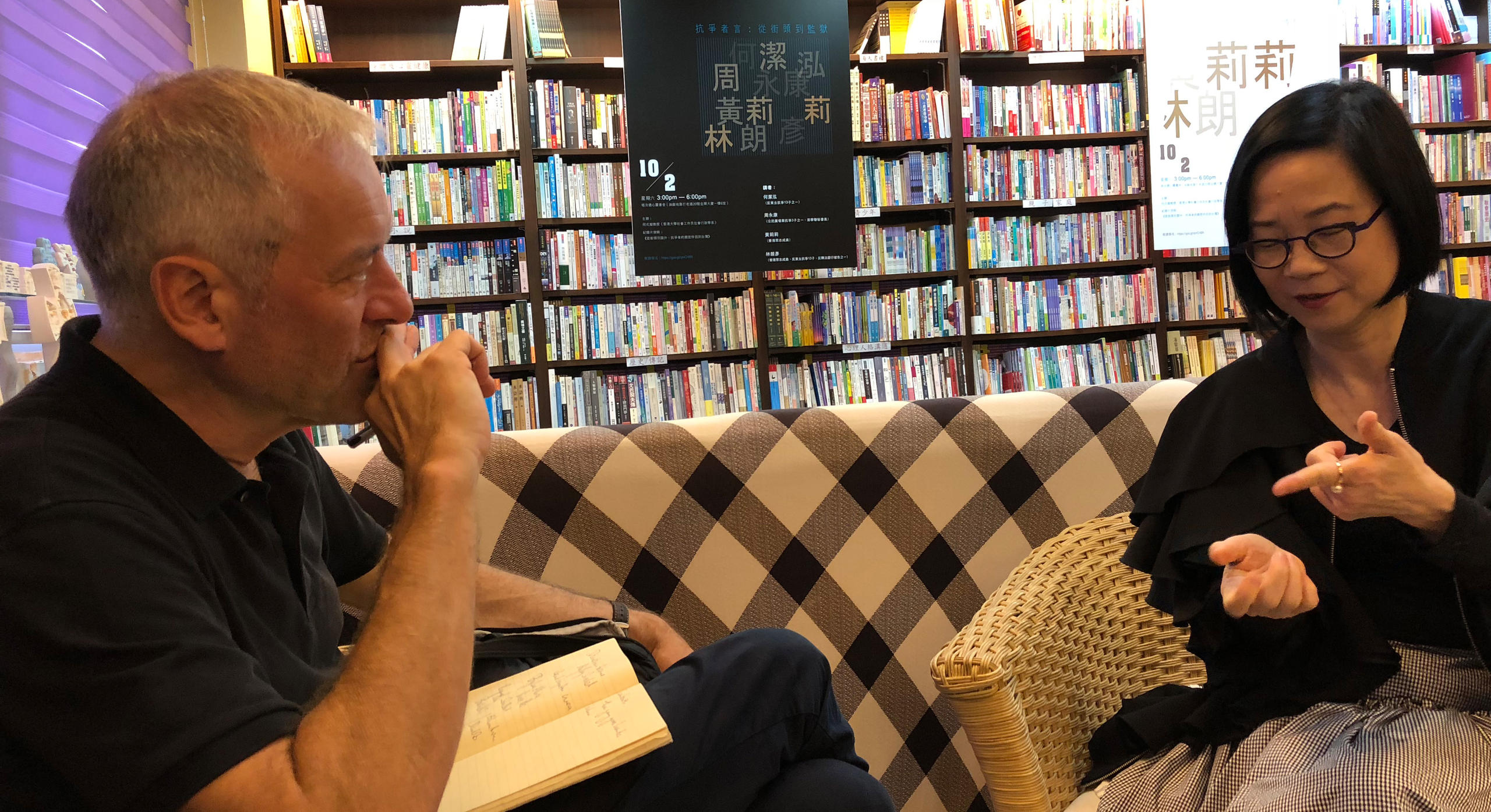
“At that time, I was very proud about our system in-the-making with the rule of law, freedom of speeches and a promising public conversation on possible reforms,” says Ho Sik Ying, a professor of sociology at the University of Hong Kong, who I met a few days ago in a hidden bookstore in Kowloon.
“I would never have thought that people like me would need to climb on the barricades to fight for basic human dignity,” she says.
‘Umbrella movement’ shift
But that’s exactly what has happened in the last few years, as times have drastically changed for the people of Hong Kong.
In fact, bookstores have become prime targets of unfriendly powers across the nearby border with China. There are now fixed sections of both the pro-Beijing and pro-Hong Kong media dedicated to “missing booksellers”External link and “Hong Kong booksellers’ disappearances.”
Two years ago, five booksellers were kidnapped from a bookstore in Hong Kong’s Causeway Bay and later detained in China. In their bookstore, they had displayed and sold books critical of the Communist leadership in Beijing.
One of the booksellers, a Swedish citizen living in Hong Kong named Gui Minhai, recently reappeared in a bizarre scripted interview by the Chinese police, where he said that his home country “should stop sensationalising his case”External link. Beijing accuses Minhai of possessing documents “containing state secrets”.
While the developments around those booksellers have made headlines across the world and have put a spotlight on Hong Kong’s fate, there are many other unfolding stories in the city that get very little attention.
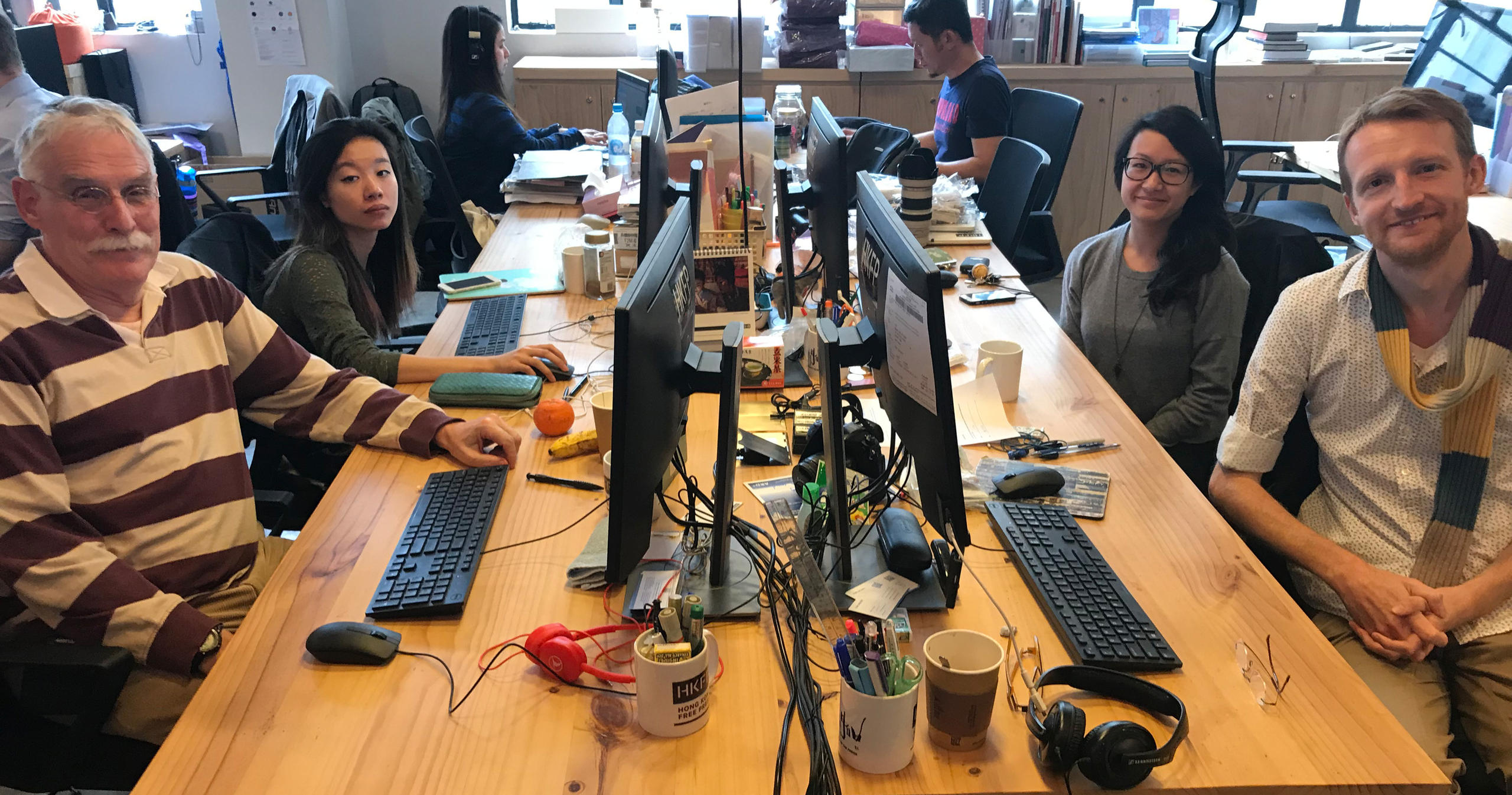
The other day in the hidden Telentum bookstore, I heard the heartbreaking stories of young women in their early 20ies who have been thrown into prison for months as punishment for participating in political protests. Some have partners who have experienced the same fate.
Back in 2014, the Hong Kong authorities – with a Beijing-appointed government and an increasingly politicised judiciary – started a major crackdown against their own population.
Harsh punishments and long prison sentences were given to the leaders of the so-called “Umbrella Movement”, which took place the same year. This movement was a public protest against indications that the promise of universal suffrage would never materialise.
In the aftermath, members of parliament who supported the protests were removed from office one-by-one on highly problematic judicial grounds – and disqualified from ever running again.
“As a proud and loyal Hong Kong citizen, I was shocked by the arguments given by our judges,” says Ho Sik Ying as she recalls her first day in the courtroom where she followed the legal proceedings against a group of young activists.
“It was the moment when I understood that I needed to become active.”
‘March of Volunteers’ push
At the upcoming by-election on March 11External link – which has become necessary due to the disqualification of six pro-democracy legislators – pro-Beijing parties hope to secure a super-majority in parliament.
The “universal suffrage” camp has bad cards, as their most prominent candidates, including 21-year-old human right activist Agnes Chow, were not allowed to run.
The stated justification from the Hong Kong election commission was that “the candidate cannot possibly comply with the requirements of the relevant electoral laws, since advocating or promoting ‘self-determination’ is contrary to the content of the declaration that the law requires a candidate to uphold the Basic Law and pledge allegiance to the Hong Kong Special Administrative Region”.
This strange formulation, a clear indication that the rule of law is quickly retreating in Hong Kong, also shows Beijing starting to dishonourably abandon its earlier “two-system” pledges.
A series of bad signs for Hong Kong’s immature democracy are surfacing, and the public mood is correspondingly bad. A few days ago, the government announced its proposal for a new law making the Chinese national anthem much more prominent across the territory.
Disrespecting the so-called “March of Volunteers” is punishable by prison sentences of up to three years, while the playing of the song will become compulsory in all schools.
And there are more moves to suffocate all democratic appetites. Later this year, a new rail terminus will open in Kowloon, bringing the Chinese high-speed railway trains deep into Hong Kong territory. That means the railway station will be under Beijing control, and more Hong Kong residents could experience the same fate as the disappeared booksellers from Causeway Bay.
It is a deeply disturbing moment to meet and see friends in Hong Kong, who were outspoken democracy activists just a few years ago. Now, they are too terrified to be quoted.
The biggest hope for their cause lies with the few remaining independent media.
“But we are also a dying species,” says Tom Grundy, editor-in-chief of “The Hong Kong Free Press”. With just four staff writers and an editorial desk in the middle of a shared office space in Kennedy Town, the online newspaper has become one of the last spaces for truly free speech in the territory.
“We try our very best but have no idea how long we will able to operate,” says Grundy, who has launched a funding drive to support the publication.
What can be done to support the people of Hong Kong in their struggle for freedom and democracy?
“Report about us and we will continue to engage,” says Ho Sik Ying, before we part ways.
Swiss-Swedish author and journalist Bruno Kaufmann is on a world tour to explore the state of democracy visiting more than 20 countries on four continents until May 2018.
swissinfo.ch has been publishing a weekly Notebook and multimedia reports by Kaufmann as part of its coverage of direct democracy issues.
Kaufmann’s democracy world tour is mainly sponsored by the Swiss Democracy FoundationExternal link, where he is the director of international cooperation. The Swiss Democracy Foundation hosts various projects and platforms linked to participatory and direct democracy across the globe, including Democracy International, External linkthe Direct Democracy NavigatorExternal link and the Initiative and Referendum Institute Europe.External link

In compliance with the JTI standards
More: SWI swissinfo.ch certified by the Journalism Trust Initiative
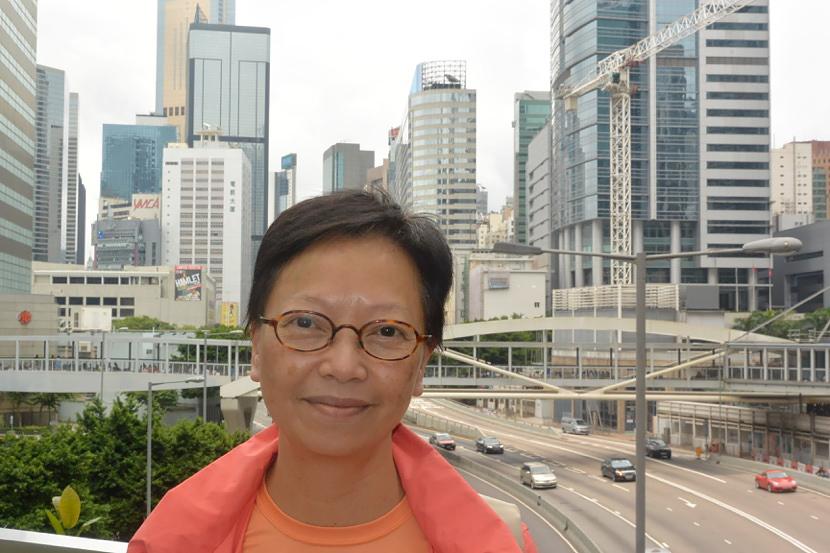
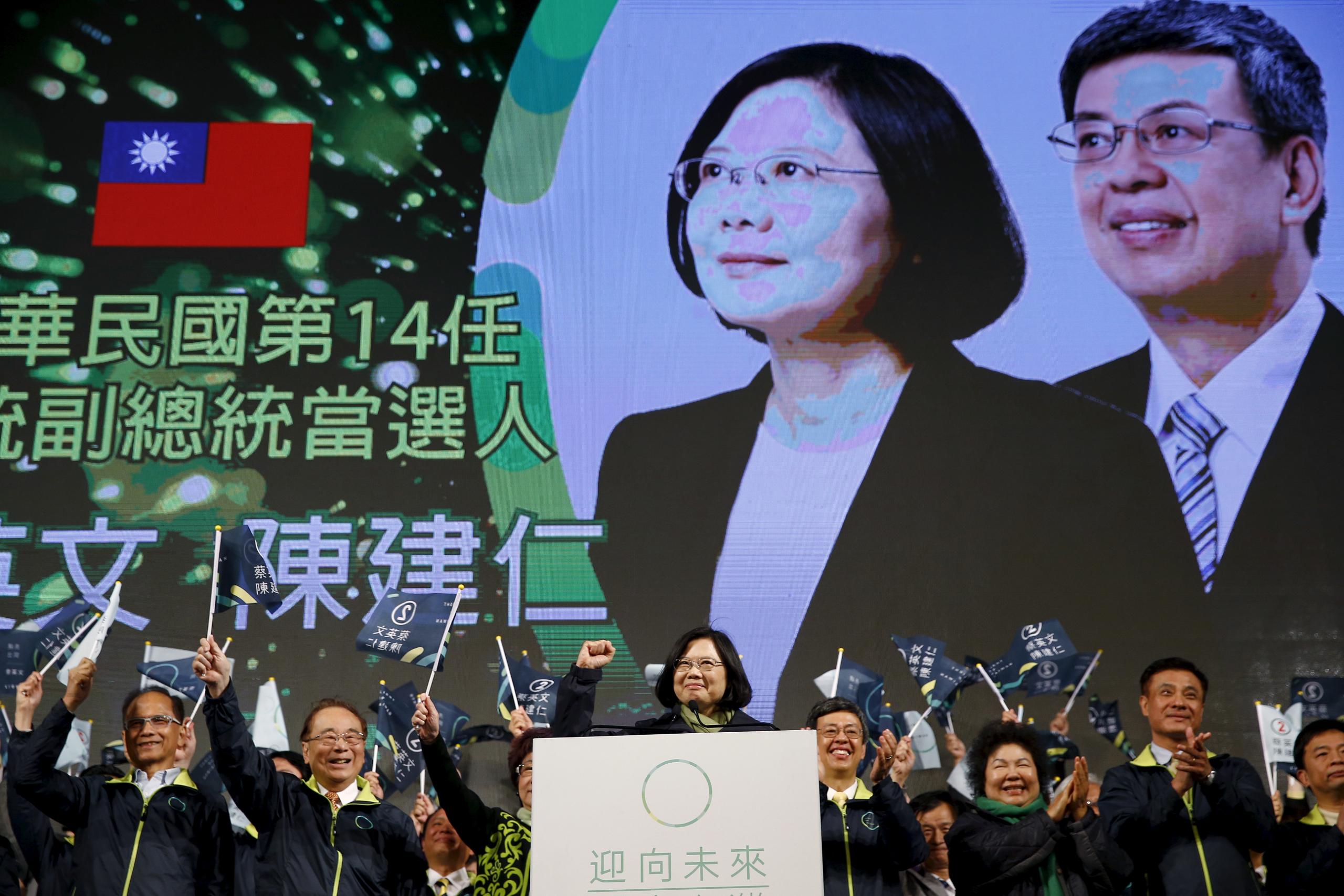
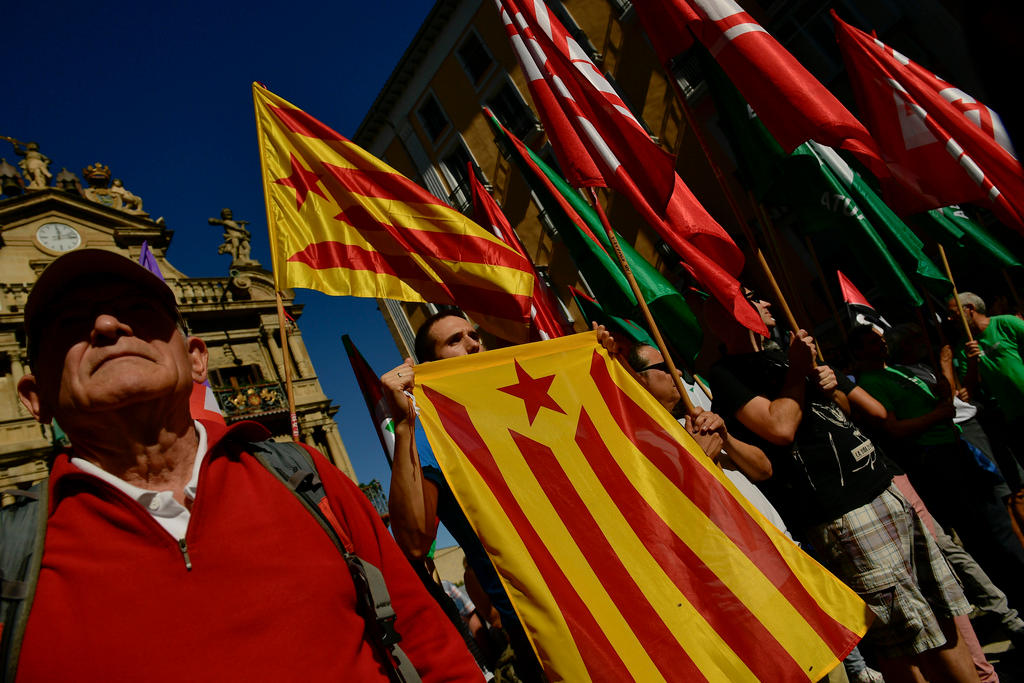
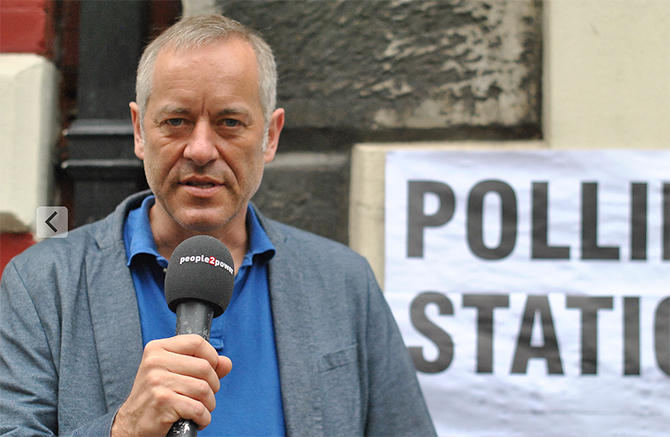
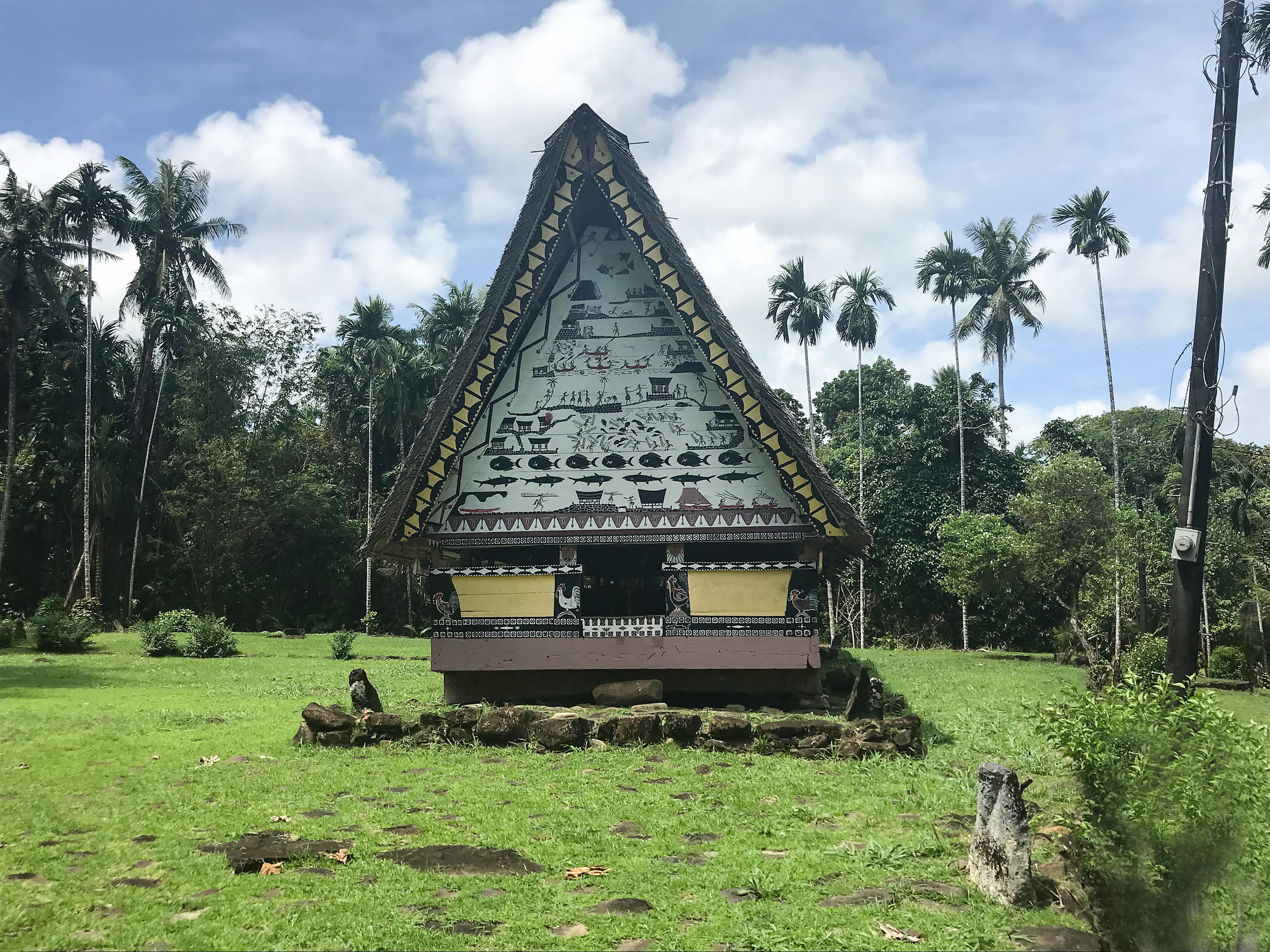

You can find an overview of ongoing debates with our journalists here. Please join us!
If you want to start a conversation about a topic raised in this article or want to report factual errors, email us at english@swissinfo.ch.